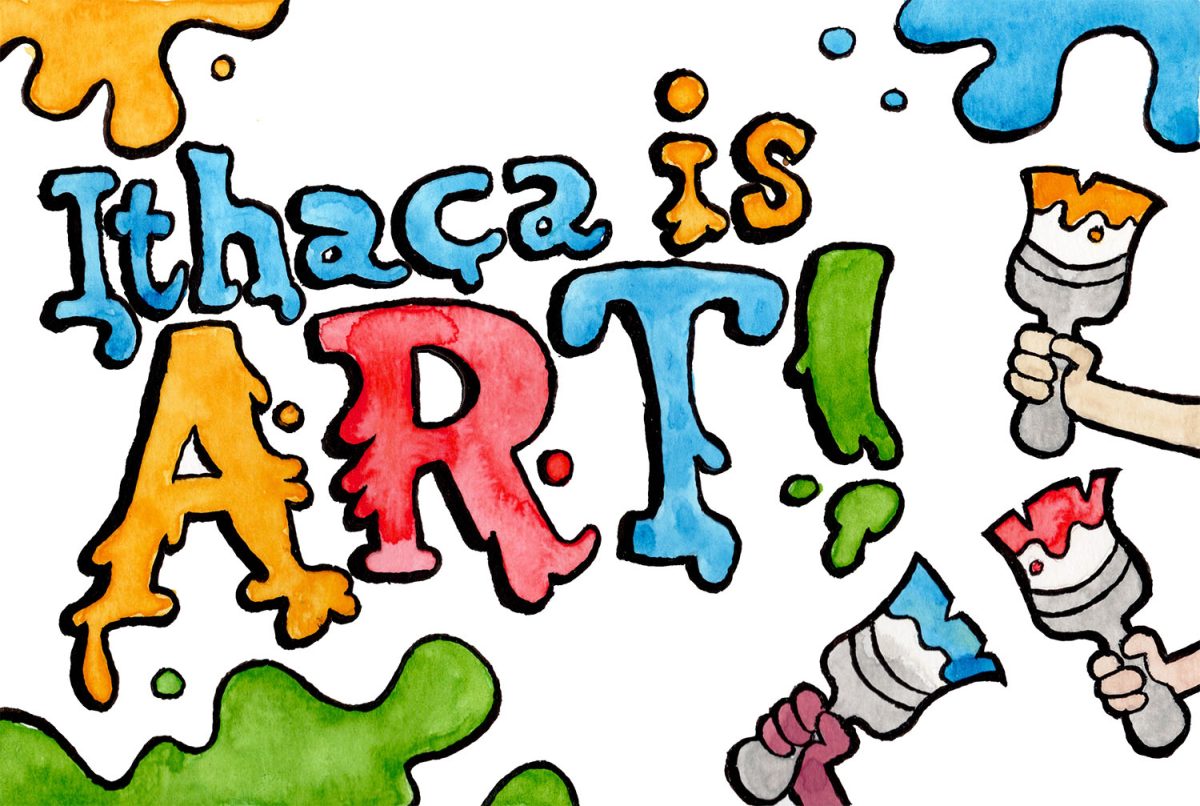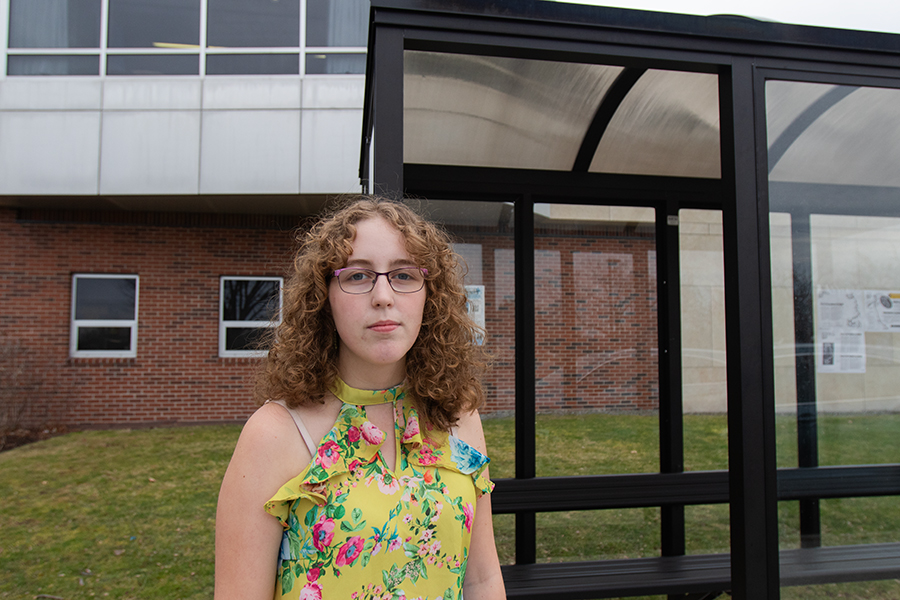Before coming to Ithaca College, my knowledge of fracking was limited to what I had seen in the 2010 premiere of “Gasland,” a documentary by Josh Fox full of memorable footage of flammable drinking water and heavy claims of its dangers.
Fracking, or hydraulic fracturing, is the process of drilling vertically into rock and injecting a high-pressure water-sand mixture into shale rocks to create cracks and release natural gas. Its dangers seem to outweigh any benefit. On campus, many students agree with the anti-fracking movement. Posters advertising its dangers fill bulletin boards and social media platforms. One of the prominent statements is that fracking contaminates drinking water supplies.
While researching, I found more articles refuting these points than supporting them. Two reports of household explosions, one in Pennsylvania and another in Ohio, claimed to be a result of fracking projects that had released methane gas into the home. Upon further investigation by fracking companies, it was made clear that both accidents occurred because of faulty installations and weak casings on the wells, something entirely out of the fracking company’s control.
In “Gasland,” a similar case is shown when a Colorado man lights his tap water on fire because of methane mixed into the well water. The Colorado Department of Natural Resources tested the water supplies of more than 200 homes and reported none of them had contaminants resulting from fracking. Methane migration into water sources is hardly new — cases of homeowners being able to light their tap water on fire have been around since the mid–1950s, and all have been unrelated to fracking.
What students may not know is that fracking will make the United States almost entirely energy independent within the next decade. According to the Energy Information Administration, the U.S. has led in oil production worldwide for several months because of an increase in fracking. Fracking will create more jobs and lower oil costs, benefiting the economy.
President Obama and many energy and environmental professionals agree that fracking provides more benefits than downfalls. The Environmental Protection Agency and the U.S. Department of Energy are two well-respected agencies that have disproved these claims and stated that fracking is safer and cleaner than most other traditional energy sources, such as coal.
Anti-fracking groups will promote their causes and beliefs as Fox did in “Gasland,” despite overwhelming evidence proving their claims to be false. However, there are currently no pro-fracking groups on campus, resulting in a one-sided view of fracking. In order for students to truly understand everything fracking has to offer, students must research the positive and negative aspects of fracking before deciding it’s the enemy.
To say that fracking is entirely risk-free would be ignorant. As with any other industrial process, steps can, and occasionally will, go wrong. However, there are currently more than 500,000 gas wells operating without harming communities in the U.S. Fracking has been twisted into something negative and dangerous, but ultimately it is a science. Fracking is not done carelessly or neglectfully. Before drilling even begins, companies like FracFocus spend weeks carefully measuring and preparing the drill site to ensure safety and efficiency.
Before writing off fracking as a dangerous, negative approach to obtaining natural gas, I encourage the student body to look past wild demonstrations and extreme claims to understand what fracking exactly is, and how it can drastically improve the U.S. energy crisis.












